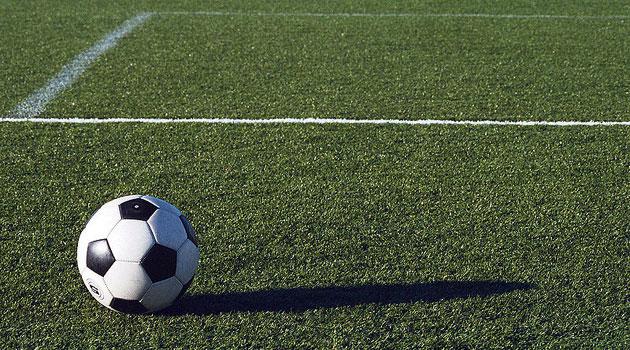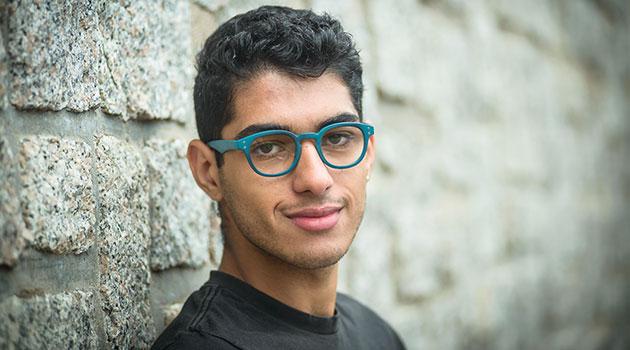Czech state funding for nonprofits goes mostly to social policy and sports

The Czech nonprofit organization to receive the greatest proportion of subsidies from the state budget during 2016 was, as it has traditionally been, the Football Association of the Czech Republic, which received CZK 375 900 000 [EUR 15 million]. Tens of millions more crowns in taxpayer money are also given to footballers through separate subsidies at the regional and municipal levels.
The regular recipients of public monies include other sports unions – nonprofit basketball players, ice hockey players, tennis players and others. A paper entitled “Analysis of the Financing of Non-State, Non-Profit Organizations from the Public Budgets” is delivered to the Czech Government at the beginning of January every year.
The analysis is customarily produced by the Center for Nonprofit Sector Research at Masaryk University in Brno. Because the Government has not yet reviewed the report (it is scheduled to do so tomorrow, Monday 30 April), its findings remain secret.
HlídacíPes.org has obtained a copy of the report. Its first section has been published HERE (in Czech only).
Where are the “political” nonprofits?
A review of the report confirms once again that the biggest proportion of these subsidies goes to the area of “social affairs and employment policy” (37 % of all state subsidies for nonprofits) and to NGOs working in the area of physical education and sports – from the state budget alone this is 28.5 % of all the subsidies awarded directly to nonprofits, with the sector receiving addition public funding from regional and local budgets. Despite these facts, politicians are more and more frequently attacking the concept of nonprofit organizations in the Czech Republic.
Czech President Miloš Zeman, for example, has repeatedly called NGOs “leeches on the state budget”. His spokesperson Jiří Ovčáček, as well as the chair of the “Freedom and Direct Democracy” (SPD) party, Tomio Okamura, have repeatedly attacked “political nonprofits” or “political nonprofit organizations financed by the Hungarian-born American billionaire, George Soros”.
A total of CZK 17 889 000 000 was provided in subsidies to nonprofits in 2016. Most of that money was paid directly from the state budget (10 870 000 000), while the regions (including the Capital City of Prague) disbursed CZK 2 850 000 0000, municipalities disbursed CZK 3 950 000 000, and separate state foundations disbursed CZK 221 million.
Which areas of nonprofit activity did this public money support? As in previous years, the biggest amount in absolute terms was allocated to the Football Association of the Czech Republic – CZK 376 000 000.
In 2016 the Czech Olympics Committee was given CZK 122 000 000, the Auto Club of the Czech Republic almost CZK 87 million, and other sports unions were also successful in their applications for subsidies. Of the “classic” nonprofits the organization People in Need (Člověk v tísni) is traditionally successful, as is the Naděje (Hope) association, which aids homeless persons, followed by other well-established charity organizations.
As far as regional subsidies go, the biggest volume flowing from the regional budgets in 2016 went to Caritas Brno in the amount of CZK 56 800 000. Of course, athletes are also some of the most successful applicants at regional level as well.
The Prague Football Union, for example, was given CZK 50 000 000 from the regional budgets, and the Football Association of the Czech Republic received yet another CZK 17 600 000 from the regions. Cultural projects and institutions such as the Archa theater, the Meet Factory, or the Prague Philharmonia were also successful applicants for public money.
The original Czech-language version of this article was written for the Institute of Independent Journalism, an independent nonprofit organization and registered institute involved in providing information, journalism and news reporting. The analyses, articles and data outputs of the Institute are available to all under certain use conditions.
